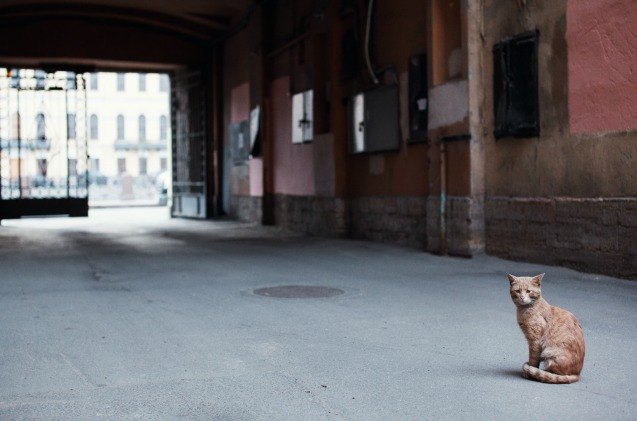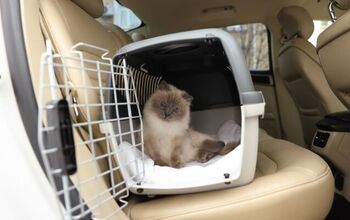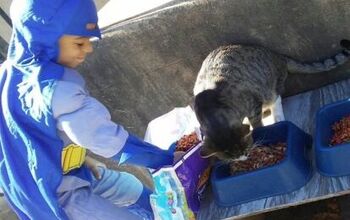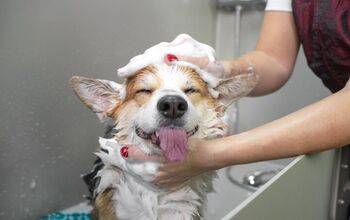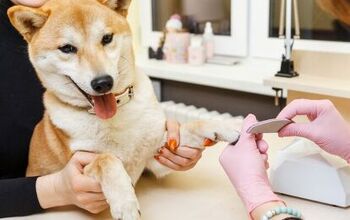Feral Cats Chase Rats in Urban Areas to Earn Their Keep

In Washington, D.C., a feral cat named Miso has just found a new place to hunt and hang. In the Columbia Heights neighborhood, rats are everywhere, and as feral cats like to do, Miso is looking to get rid of the rat problem. Miso was born on the streets, and will spend three weeks in a covered crate being fed and sheltered so he’ll want to stay around the area he’s been brought to.
Related: How to Help a Semi-Feral Cat Get Used to Life Indoors
Then, he’ll hopefully start catching the many rats that line the streets and alleys, and establish a relationship in the area that is mutually beneficial for the rats and the residents.
More and more urban areas are looking to recruit animals to help with their vermin problems, with places like New York City using terriers, dachshunds and even mutts to look for rats while Chicago even allows urban coyotes (not to be confused with cowboys!) an unofficial opportunity to take out whatever rats they see.
Gerard Brown is the manager of the D.C. rat-control program. He says that calls about rats are up by over a third as many over the last three years, something Brown believes is due to the mild winters the area has had in the last few years. Colder winters are more natural exterminators, he says, and the numbers of rats have been growing.
Two ways to curb rat population exist–cutting off food supply and predatory (human or otherwise) killings. DC is employing a program called Rat Riddance, which suffocates rats in their burrows with carbon dioxide released from dry-ice pellets.
Related: 5 Awesome Spay and Neuter Feral Cat Programs
Miso is the 44th cat that has been brought in under the Blue Collar Cats program, which was launched by the Humane Rescue Alliance earlier this year. They trap the feral cats, spay/neuter and vaccinate them and then release them into areas in D.C. where they’ll be able to use their prey-drive instinct to take the rats out.
Area homeowners and businesses provide food and covered shelter outdoors as pay for the cats to continue to keep them rat-free. Lauren Lipsey is with the Humane Rescue Alliance and says that it saves the lives of the cats, and because people naturally tend to care for the cats, who do them the favor of getting rid of the rats, it’s a win-win. And, believe it or not, it’s more humane for the rats too because rat poison causes them to slowly die, and not only is horrible for the rats but can bring illness or death to wildlife and/or pets.
The District is also looking into birth control for rats, taken from bait stations. The liquid is sweet and has a chemical that destroys a female’s eggs and prevents sperm production in males. New York is also looking at how rat birth control would work, but in the meantime, Miso and friends will continue catting around!

More by Lori Ennis



